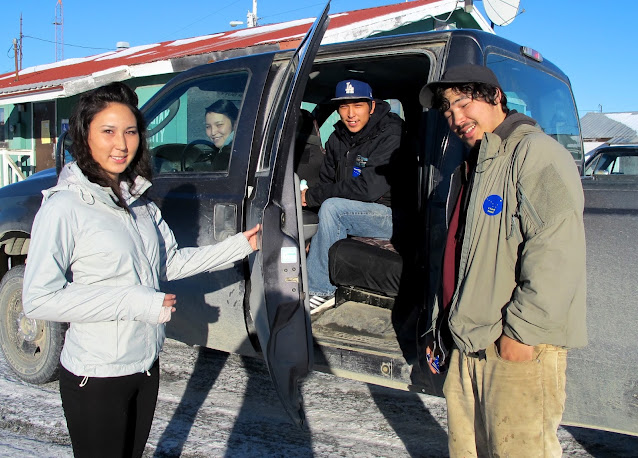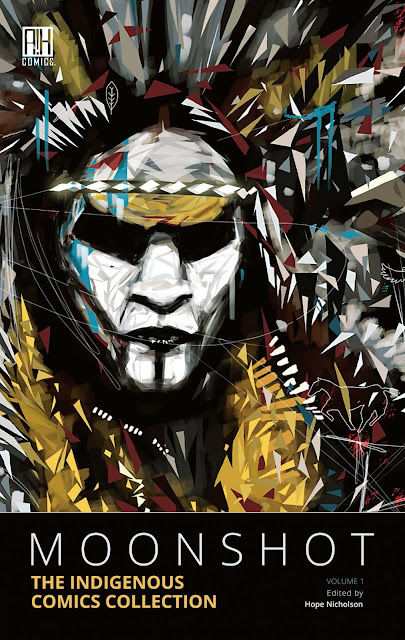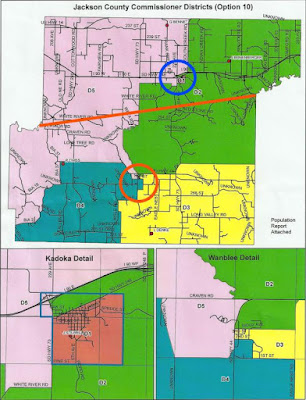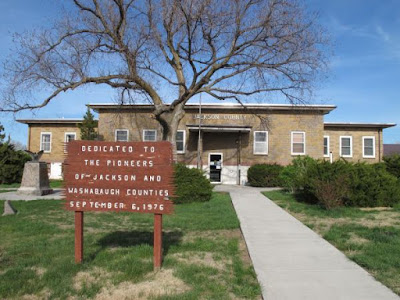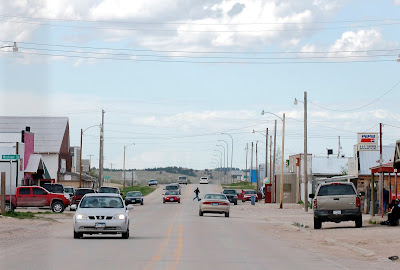Eve of Destruction: BLM Approves Mine in 10,000-year-old Sacred Site
This article appeared on Rural America In These Times in 2015. For more on topics like this, see my book, American Apartheid: The Native American Struggle.... Gold mine in a Western Shoshone sacred site. T his isn’t the “new” world for the Western Shoshone. And their West was never “wild.” It is a place of deep cultural connections to a homeland that at one time extended across Nevada and portions of Idaho, Oregon, Utah and California. For more than 10,000 years, they have met to gather a type of white flint and to practice their ceremonies in what is today called the Tosawihi Quarries, or alternately the Tosawihi Complex, a stretch of northern Nevada. “That stone is very sacred to us,” says Joe Holley, seen below in Tosawihi. He is a tribal council member and former chairman of the Battle Mountain Band of the Te-Moak Western Shoshone, one of several federally recognized tribes with links to the area. “We use it every day and have done so for millennia, for tools, ceremonies

